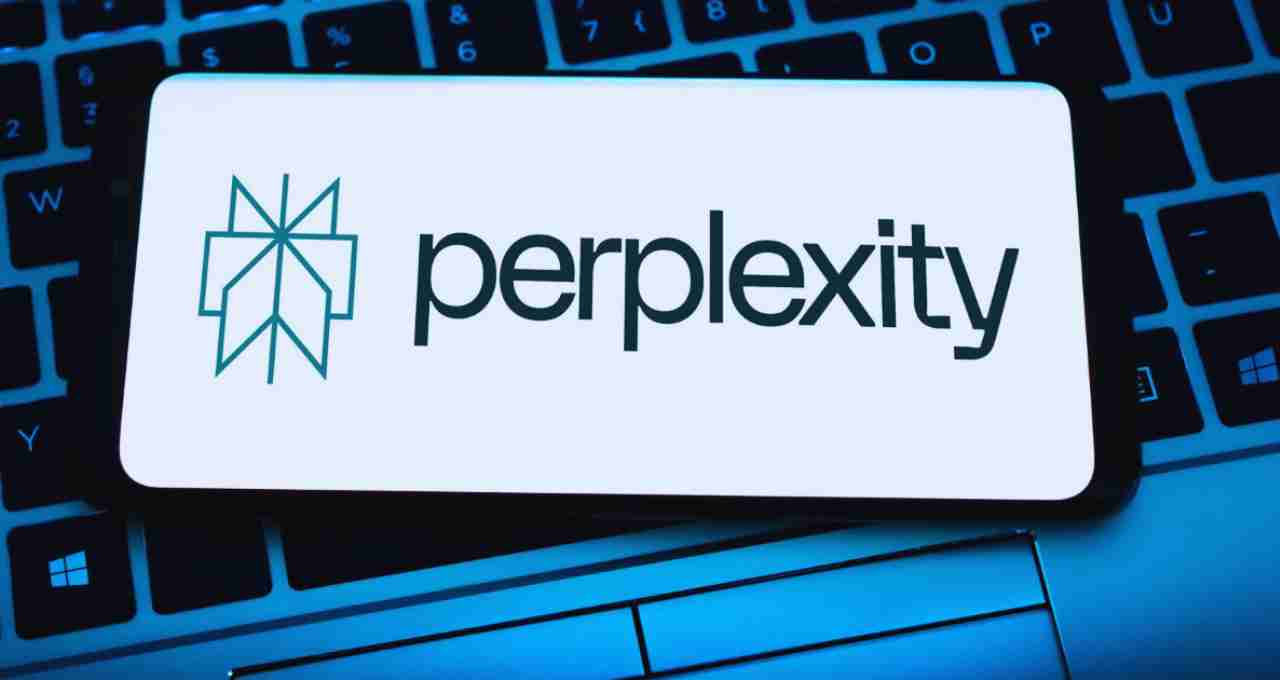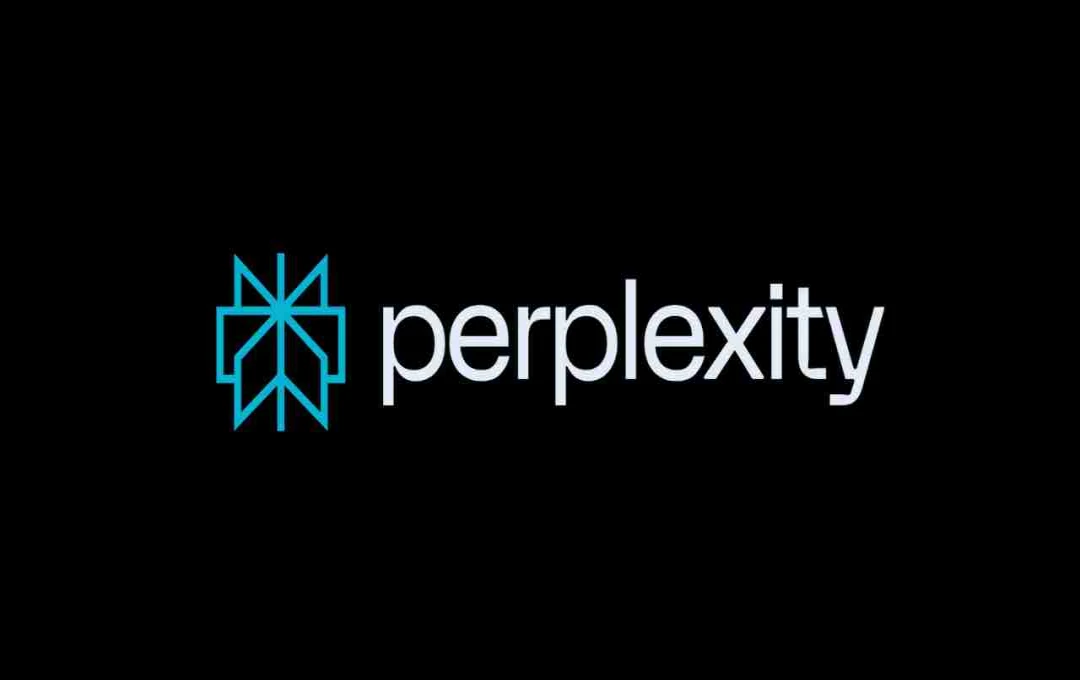The BBC has threatened legal action against Perplexity AI, accusing the startup of content theft. The startup has denied the allegations. This case highlights the intellectual property dispute between AI and media companies.
Perplexity AI: In the rapidly growing world of artificial intelligence, clashes between tech and media companies are becoming increasingly apparent. The latest case involves the British Broadcasting Corporation (BBC) and the American AI startup Perplexity AI. The BBC alleges that Perplexity used its content inappropriately to train its AI model, causing a stir in both the technology and media worlds.
BBC's Serious Allegation: Unauthorized Content Use
According to the British newspaper Financial Times, the BBC sent a formal legal notice to Perplexity's CEO, Arvind Srinivas. In this notice, the BBC stated that if Perplexity:
- did not cease scraping content from the BBC website,
- did not remove BBC content from its AI model's training data, and
- did not compensate for the intellectual property infringement,
the BBC would pursue legal action and seek an injunction.
Perplexity's Response: 'These Allegations Are Misleading'

Responding to these allegations, Perplexity AI stated that the BBC's accusations are "deceptive and opportunistic," adding that the BBC lacks "a fundamental understanding of technology, the internet, and intellectual property law."
Perplexity insisted it operates within legal boundaries regarding technology usage and utilizes publicly available internet resources to provide users with accurate and timely information.
Previous Allegations
Perplexity AI is not a new player; it's considered a competitor to models like OpenAI's ChatGPT and Google's Gemini. However, in recent months, the company has been accused of using content from reputable media houses such as Forbes, Wired, and the New York Times without permission.
In October 2024, the New York Times sent Perplexity a cease and desist notice demanding the immediate cessation of using their content for AI purposes.
The Core of the Dispute: AI's Hunger and Content Rights

Training generative AI models like Perplexity, ChatGPT, or Gemini requires millions upon millions of pages of data. These models often scrape publicly available internet content, gathering data and using it to learn to generate human-like responses.
However, media houses argue that their meticulously researched reports and articles constitute intellectual property, and their unauthorized or uncompensated use directly violates copyright.
Attempt at Revenue Sharing
Amidst these criticisms, Perplexity AI recently launched a Revenue Sharing Program, aiming to partner with publishers and share revenue generated from its AI services. However, large media houses like the BBC remain unsatisfied with this program.
The BBC contends that the model lacks transparency and fails to protect their content ownership. They insist on maintaining complete control and authorization over the use of their content.
What's Next?
This development has sparked intense discussions in the technology and legal worlds. The BBC's action is viewed as a significant initiative, potentially inspiring other media houses to pursue legal avenues.
Experts believe this case will fuel a global debate about the balance between technology and intellectual property laws, determining whether AI companies can utilize everything under "fair use" by leveraging the open internet, or if they must obtain permission and compensate content creators.












